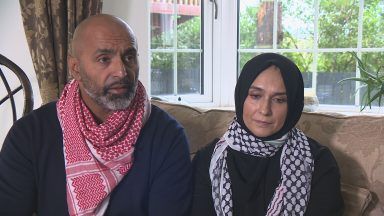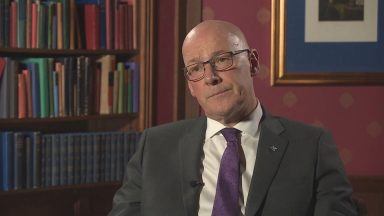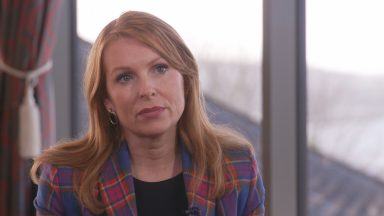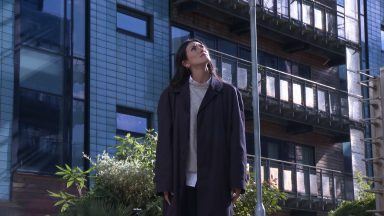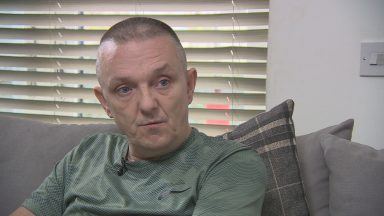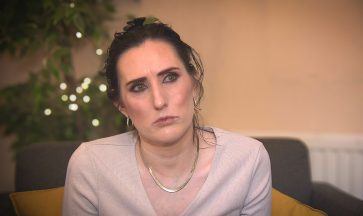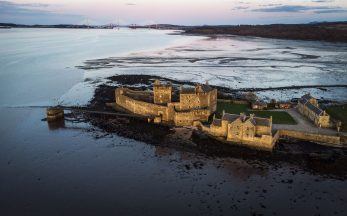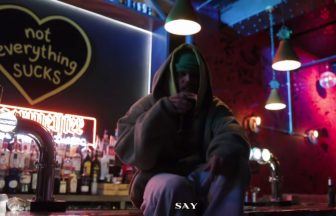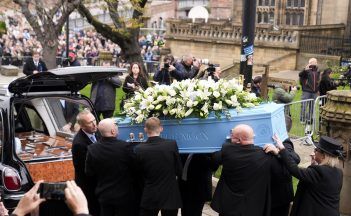A renowned singer-songwriter who created Scotland’s “unofficial national anthem” is to perform at an outdoor traditional music concert.
Dougie MacLean, 70, has spent five decades as a professional troubadour, and is best-known for writing Caledonia.
He is set to perform at The Reeling, Glasgow’s summer celebration of traditional Scottish music, which takes place from June 6-8 at Rouken Glen Park.
Ahead of the concert, he reflected on his lengthy career as a musician.
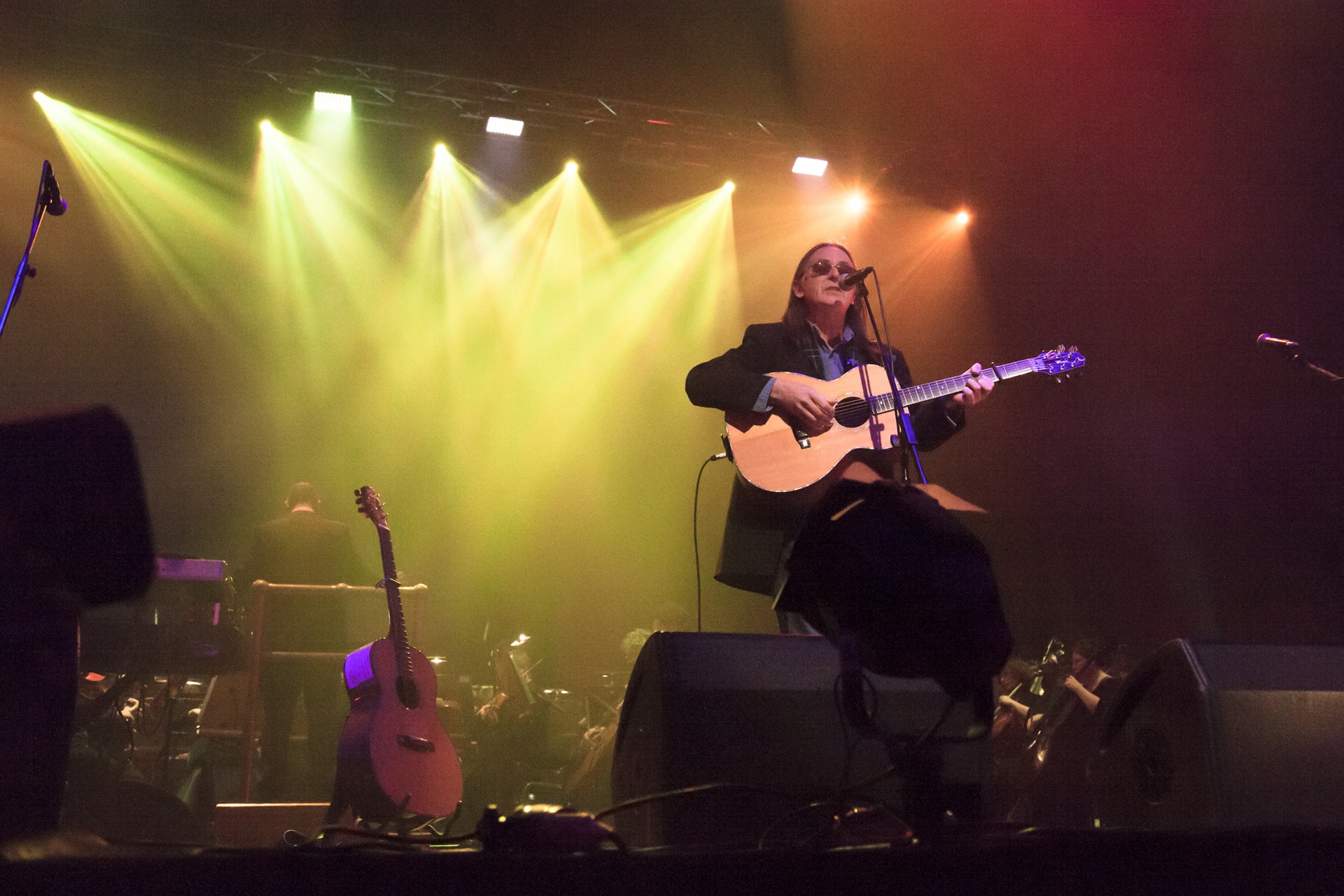 PA Media
PA MediaHe says the early days were tough, given so many aspiring musicians would leave either for London or New York to make a name for themselves, whereas he preferred to stay close to hoe.
MacLean said: “In the very early days, it was incredibly difficult to make a living from acoustic music in Scotland.
“Everyone said you had to leave for London or New York to make it, and there wasn’t much happening here.
“I had to overcome the notion that you needed to follow a certain path. That challenge pushed me to set up my own record label and publishing company and even build my own recording studio.
“Getting vinyl cut in Scotland was nearly impossible.”
He added: “When I was in my early 20s, an English record company told me my songs were ‘banal, stupid, and parochial’, remarks that only strengthened my resolve. I decided then and there to go independent.
“I set up my own recording studio and label up here in Perthshire, because getting recording time was expensive, there were only a few big studios available, and they charged astronomical rates.
“So, I decided to build my own little recording facility, and that turned out to be the best thing I ever did. It allowed me to record exactly what I wanted without compromise, which was vital for my creative process.”
Caledonia was written by MacLean when he was living abroad, feeling homesick about his native Scotland.
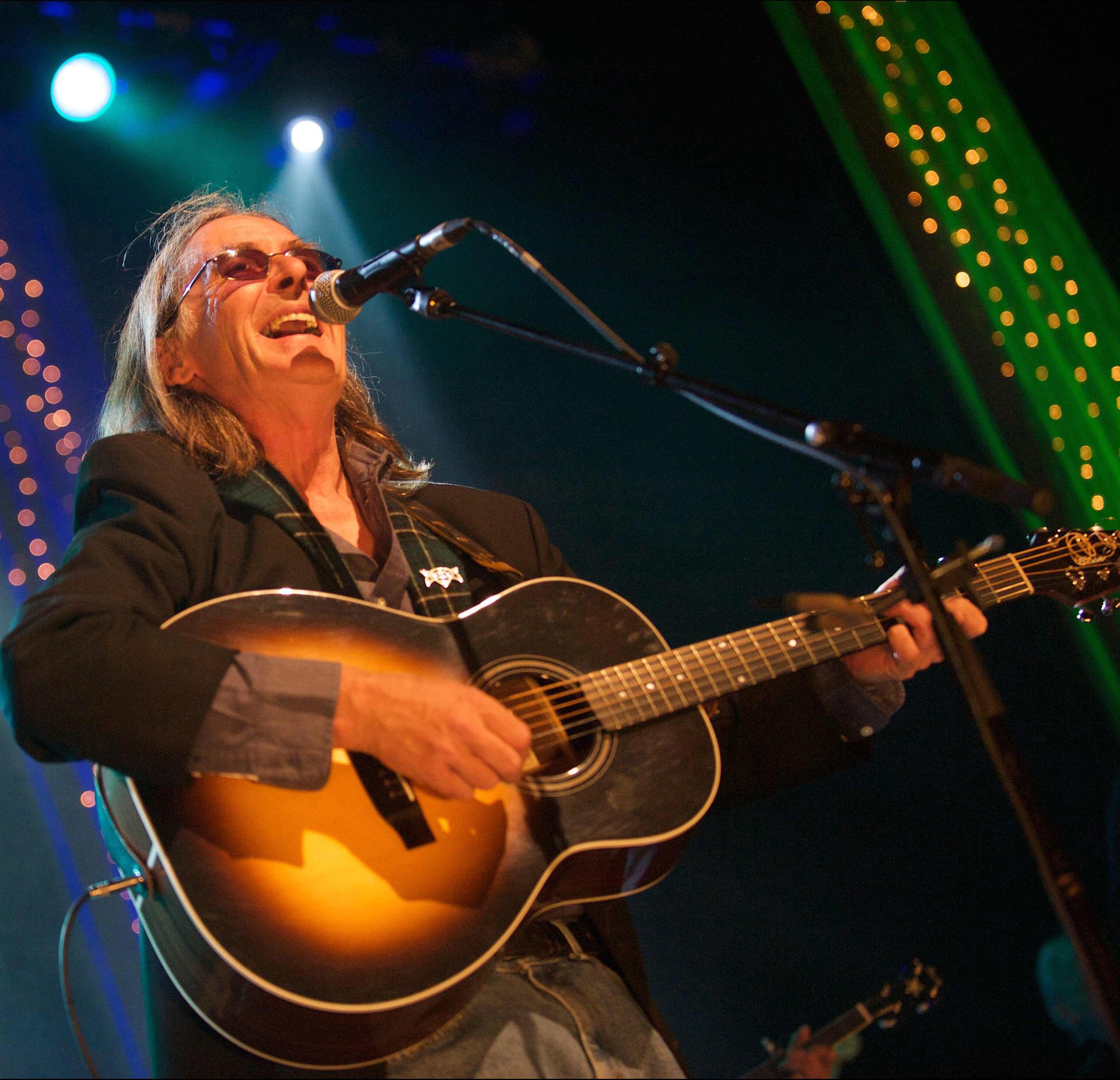 PA Media
PA MediaHe said: “I wrote Caledonia in under 10 minutes on a beach in Brittany when I was incredibly homesick. I was with a group of Irish buskers and we headed for the train home the day after I wrote it.
“That little song has grown beyond its Scottish roots. It’s about a sense of belonging; it’s been embraced in Ireland, sung in Norwegian and Danish, and even finds its place at weddings, funerals, and football games.”
He added: “I remember one day, several years ago, when I received two letters in one day.
“The first was from someone thanking me because their father was able to pass away peacefully, with his own music playing in the hospital: my music, as he was a fan of mine.
“The next letter I opened was from a woman expressing gratitude for making her childbirth easier because she was allowed to listen to my songs during labour. I thought, ‘That’s fascinating’, for the music to be such a constant presence.”
Despite decades of touring, including more than 30 years in America, MacLean has always been based in Scotland.
He purchased the old school teachers house and the school that he and his father attended in Butterstone, Perthshire, and converted it all into a music studio as well as his home.
He said: “I still tour extensively, and I even do regular Saturday night broadcasts from our converted one-room school, set up by my brilliant son.
“It’s amazing how modern technology allows me to connect with a global choir of listeners, all from a place that keeps me deeply rooted in Scotland.” MacLean says music runs in the family, with his grandchildren now showing an interest, but says it was his own grandfather who set the wheels in motion.
He said: “My grandfather was a lovely Gaelic singer. I remember him returning from the Highland Games, singing beautiful Gaelic songs in our kitchen.
“He was full of whisky and sitting in our kitchen singing these beautiful Gaelic songs with the tears running down his face, and we’d be saying, ‘What’s wrong?’ We called him Shenner, which is Gaelic for grandfather. We would say, ‘What’s wrong with Shenner?’ and my mum would say, ‘Oh, no, it’s fine. He’s just happy’.
“That emotional, almost magical connection in that language is something I’ve carried with me into every melody I create.
“I understand that emotion a lot more now. There’s a lot of that kind of emotion in the melodies that I make, in the fiddle melodies and the song melodies. I think there’s a bit of that in me as well, you know.”
He added: “I think with music, there’s magic in it. With Caledonia, there was a bit of magic in that song.”
Follow STV News on WhatsApp
Scan the QR code on your mobile device for all the latest news from around the country


 PA Media
PA Media



